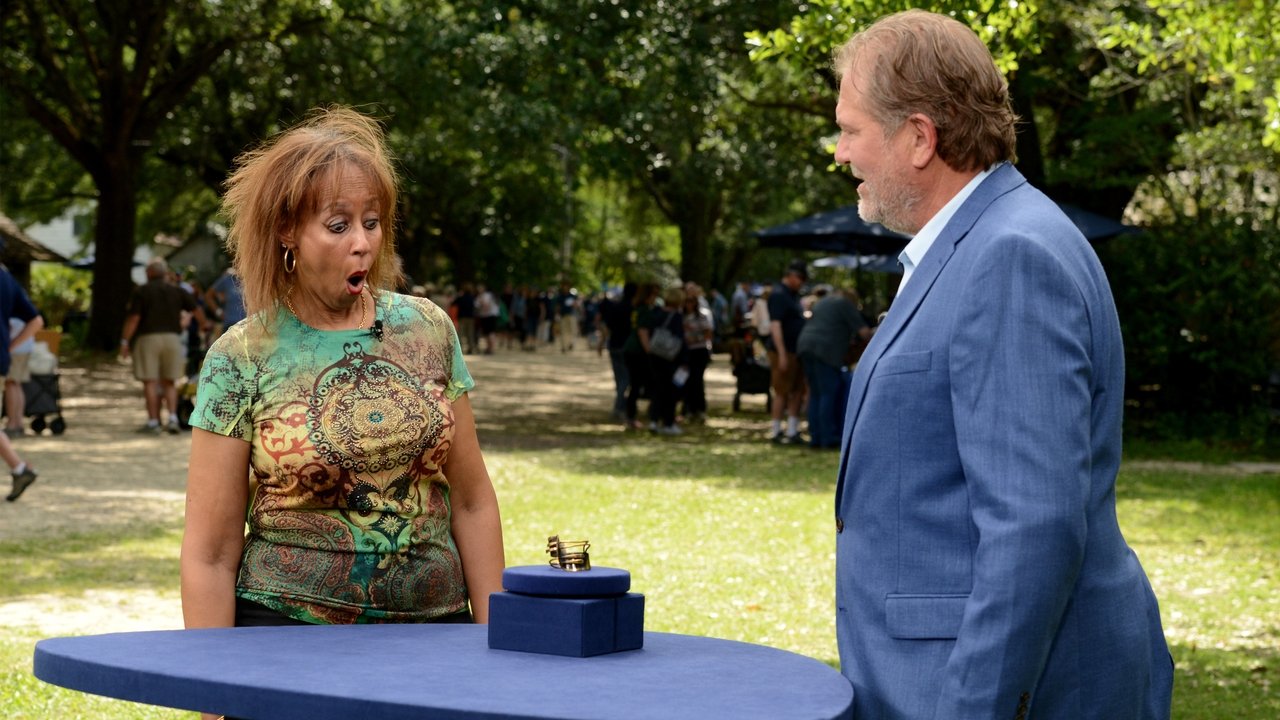

PBS
Featured Show:
Antiques Roadshow
Based on the popular BBC series running since 1979, the PBS Antiques Roadshow combines history with discovery. Each year, the show visits a handful of cities to appraise items brought in by viewers. Are these items worth a lot of money, more than the visitors expect?
PBS TV Shows
814 shows • Page 28 of 41
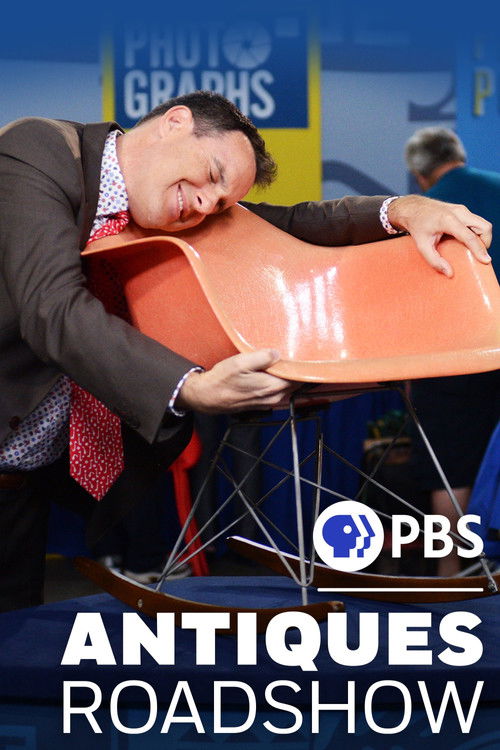
Antiques Roadshow
Based on the popular BBC series running since 1979, the PBS Antiques Roadshow combines history with discovery. Each year, the show visits a handful of cities to appraise items brought in by viewers. Are these items worth a lot of money, more than the visitors expect?

Nostromo
In an unstable South American country, capable Nostromo, a person of trust and a legend among his shipmates, is ordered to secure a shipment of gold and stop any revolutionaries who might try to take it. But even the bravest can be foolish.
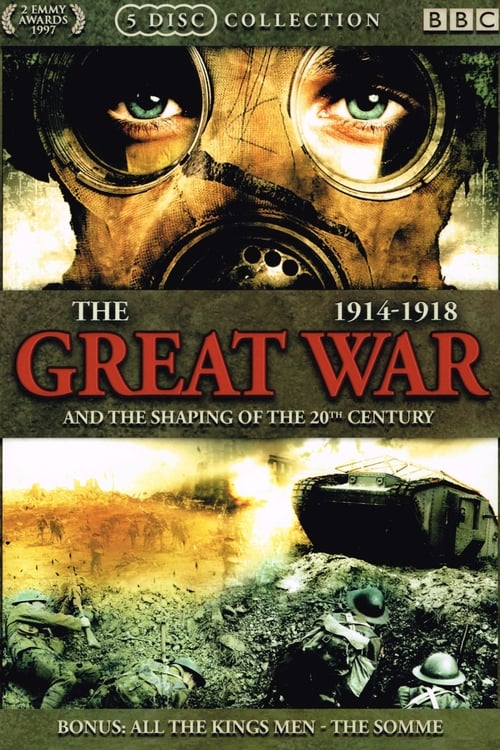
The Great War and the Shaping of the 20th Century
The Great War and the Shaping of the 20th Century is a 1996 documentary series that aired on PBS. It chronicles World War I over eight episodes. It was narrated by Dame Judi Dench in the UK and Salome Jens in the United States. The series won two Primetime Emmy Awards: one for Jeremy Irons for Outstanding Voice-Over Performance, the other for Outstanding Informational Series. In 1997, it was given a Peabody Award.
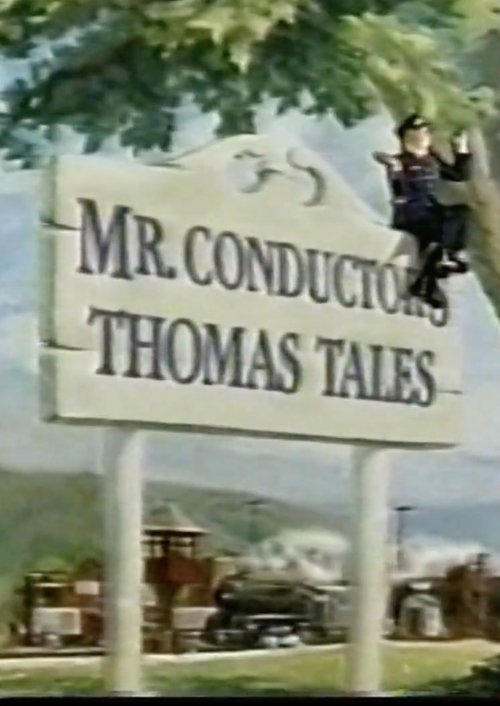 0
0Mr. Conductor's Thomas Tales
Mr. Conductor's Thomas Tales was a spin-off series of Shining Time Station. The plotlines, secondary to the five stories told by George Carlin in each episode, focused solely on Mr. Conductor. The stories were a mix of those not shown in any Shining Time Station episode, and the previous episodes. A music video was also included at the end of each episode.
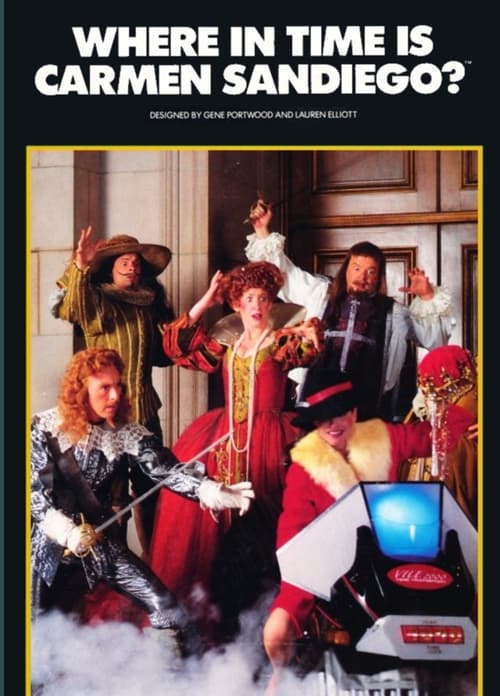
Where in Time Is Carmen Sandiego?
A game show based on the Carmen Sandiego computer game series created by Brøderbund Software.
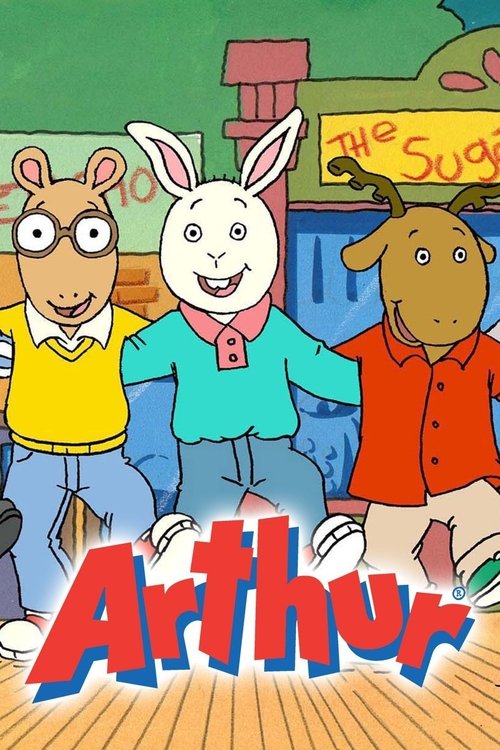
Arthur
The show revolves around the lives of 8-year-old Arthur Read, an anthropomorphic aardvark, his friends and family, and their daily interactions with each other.
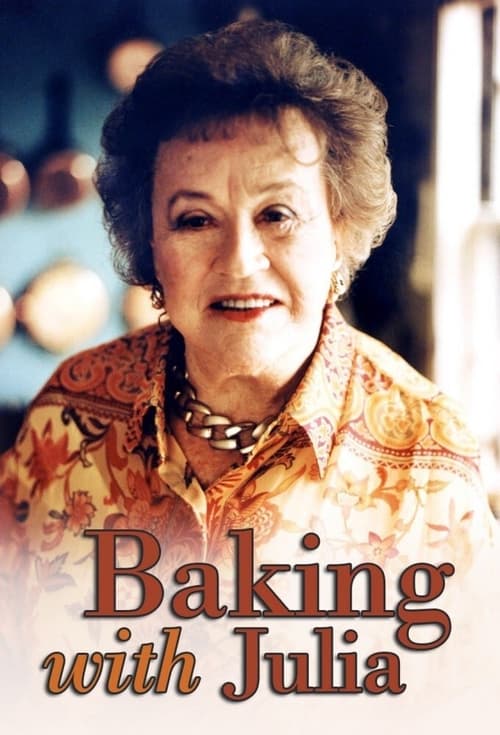
Baking with Julia
Baking With Julia is an American television cooking program produced by Julia Child and the name of the book which accompanied the series. Each episode featured one pastry chef or baker who demonstrates professional techniques that can be performed in a home kitchen. It was taped primarily in Child's Cambridge, Massachusetts house and was aired over four television seasons from 1996 to 1999; it is still occasionally aired in reruns on Create on PBS digital stations. The series was created as a spinoff of the Cooking with Master Chefs series due to a significant response to the baking episodes and was a nation co-production of A La Carte Communications and Maryland Public Television. The accompanying book was written by baker and food writer Dorie Greenspan with assistance from Child and food tester David Nussbaum, and includes brief biographical sketches of the chefs involved in the show.
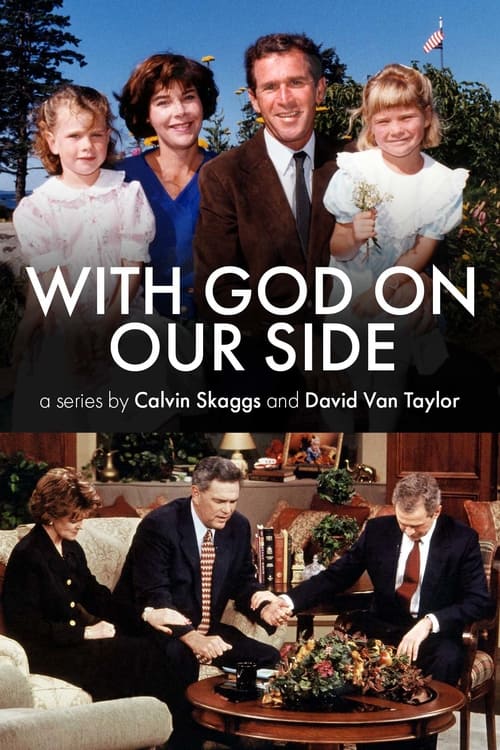 0
0With God on Our Side: The Rise of the Religious Right in America
From the "Christian anti-Communism" of the '50s to the sophisticated politics of the Christian Coalition today, evangelical Christians have slowly but steadily re-shaped the context of mainstream American politics and culture. Using rare archival footage and candid interviews, "With God on Our Side: The Rise of the Religious Right in America" chronicles the conservative Christian political movement.
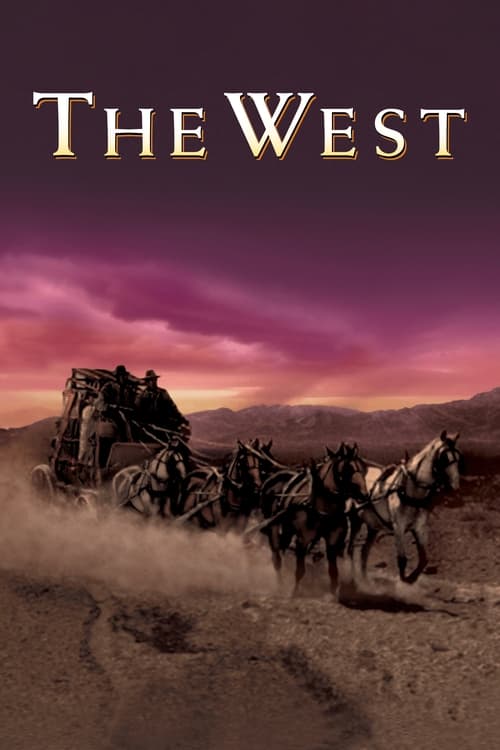
The West
The West, sometimes marketed as Ken Burns Presents: The West, is a documentary film about the American Old West. It was directed by Stephen Ives and the executive producer was Ken Burns. The film originally aired on PBS in September 1996.
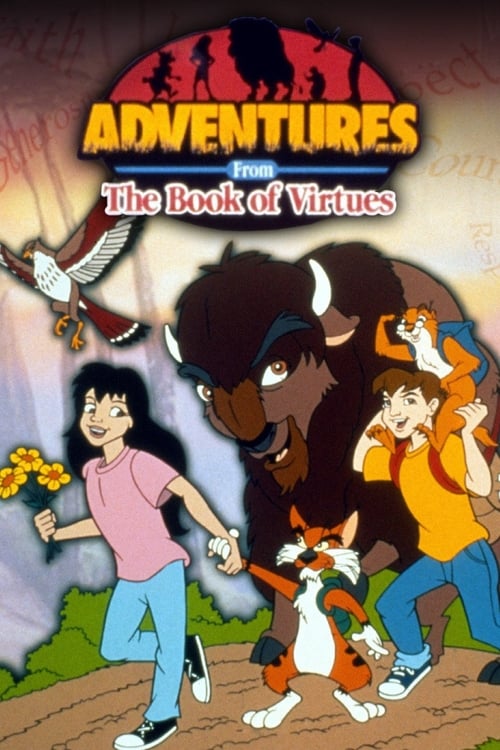
Adventures from the Book of Virtues
Growing up can be confusing! When Zach and Annie face difficulties in their lives, they go to special place called Plato’s Peak. There, Plato—a talking buffalo!—and his friends are always willing to lend a helping hand.
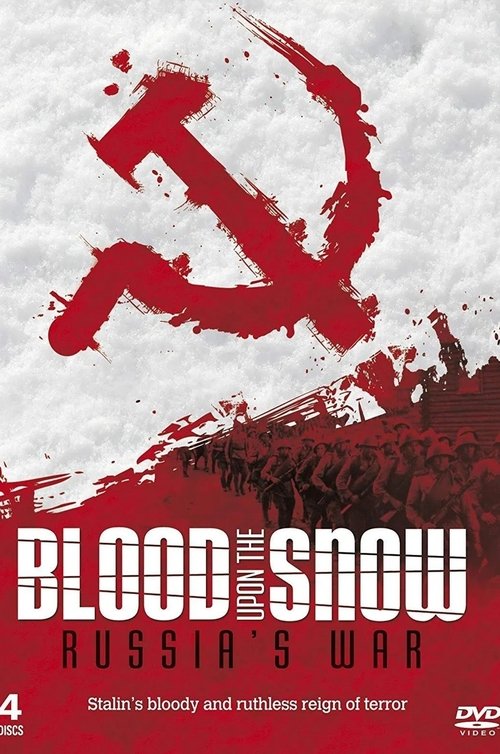
Russia's War: Blood Upon the Snow
An account of the Eastern Front, epic in scale and savagery, as Soviets experienced it and Stalin commanded it.
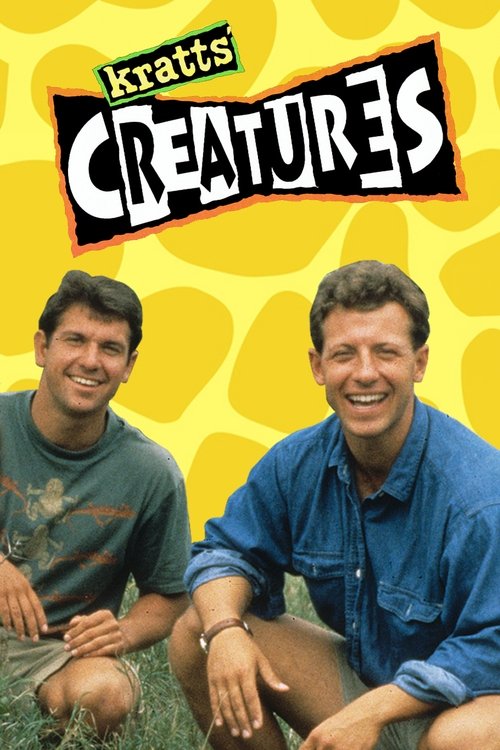
Kratts' Creatures
Kratts' Creatures is a children's television program on PBS. The show was hosted by the Kratt Brothers, Chris and Martin. It also featured Shannon Duff as Allison Baldwin and Ron Rubin as the voice of an animated anthropomorphic dinosaur. The show introduced its viewers to the world of animals. 50 episodes were produced in total. The show ran for only one season on PBS from June 3, 1996 until August 9, 1996. Then after cancellation, aired reruns until June 9, 2000. It also aired reruns on PBS Kids Go! from October 2006 to May 2008. Due to its popularity the show inspired an unofficial spinoff, Zoboomafoo, another show created by the Kratts, which premiered on January 25, 1999.
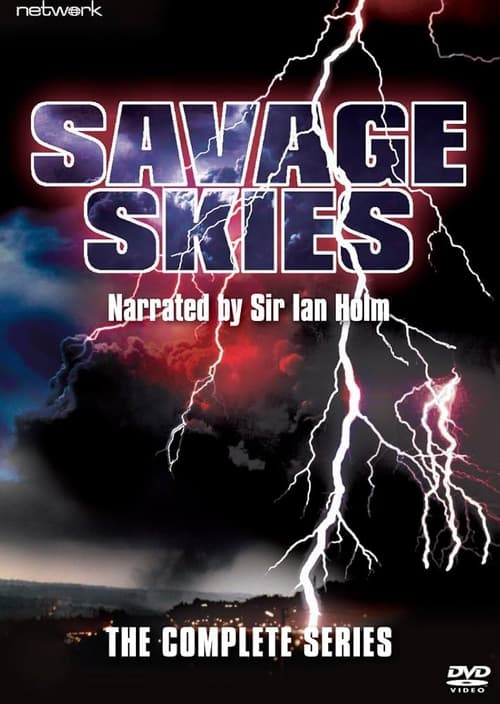 0
0Savage Skies
With respect and wonder and a sense of poetry, “Savage Skies” looks at the Earth’s weather.
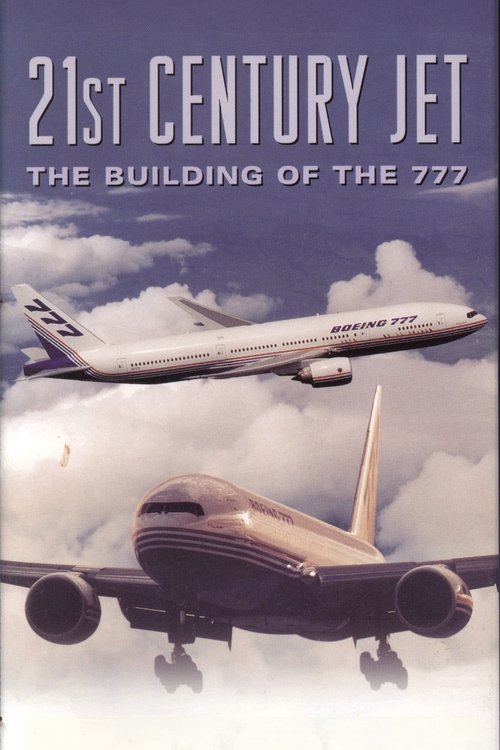 0
021st Century Jet: The Building of the 777
The Boeing Company develops their most technically advanced aircraft: the 777. From corporate conference rooms to factory floors, its extensive testing and first commercial flight, more than 10,000 people were involved in the creation of the new plane, assembled with parts from all over the world.
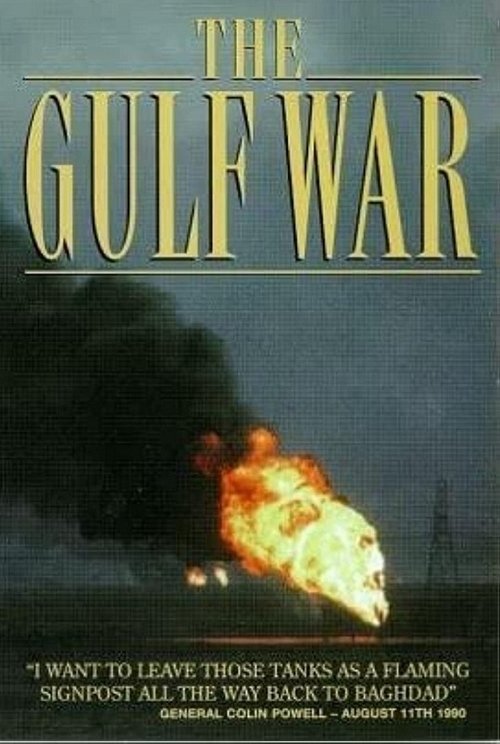 0
0The Gulf War
Two-part documentary about the Gulf War
 0
0Jubilee
KET’s Jubilee series features the performances of nationally known artists and popular local musicians at summer folk music festivals in Kentucky. Since its premiere in 1996, Jubilee has presented an eclectic mix of traditional and contemporary bluegrass, blues, folk, gospel, and other forms of music from around the world to your backyard.
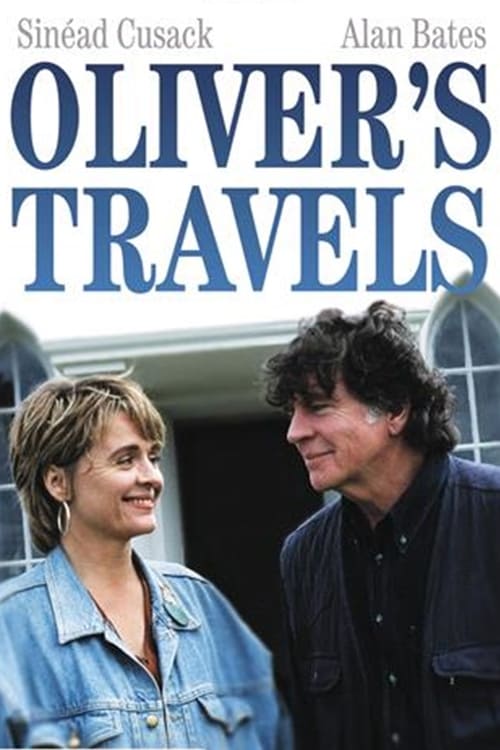
Oliver's Travels
Oliver's Travels is a five-part television serial written by Alan Plater and starring Alan Bates, Sinéad Cusack, Bill Paterson, and Miles Anderson. It first aired in the UK in 1995. Bates plays the titular Oliver, a keen word-game enthusiast and lecturer in comparative religion. After his teaching post is made redundant, he resolves to make use of his new wealth of free time by going to visit his favourite crossword compiler, 'Aristotle', with whom he has corresponded but whom he has never met. When he arrives, however, he finds Aristotle's house has been ransacked and its occupant has departed for parts unknown, and he sets out to discover why.
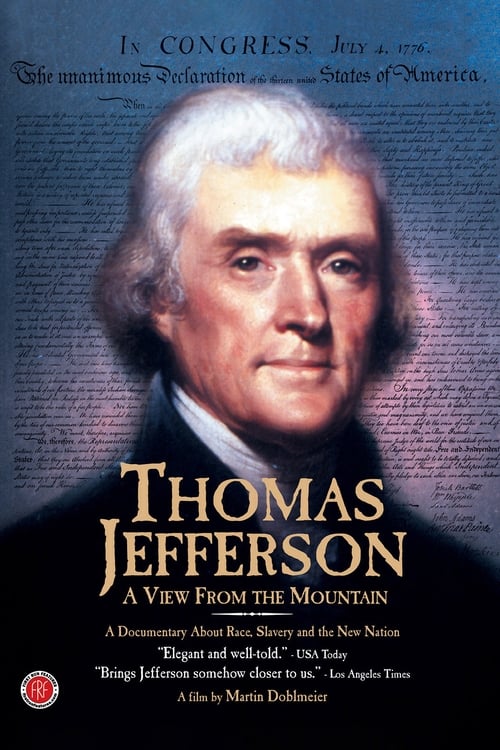 0
0Thomas Jefferson: A View from the Mountain
One of America's most complex and enduring figures, Thomas Jefferson struggled personally and publicly with an issue that would come to define our nation. Examining the possible relationship between Jefferson and Monticello slave Sally Hemings, the program includes comments from such noted historians as Pulitzer Prize-winner Gordon Wood, former Congresswoman Barbara Jordan, noted Jefferson biographer Merrill Peterson, and others. Featuring the voices of Edward Herrmann, Sissy Spacek, Danny Glover, and Robert Prosky.
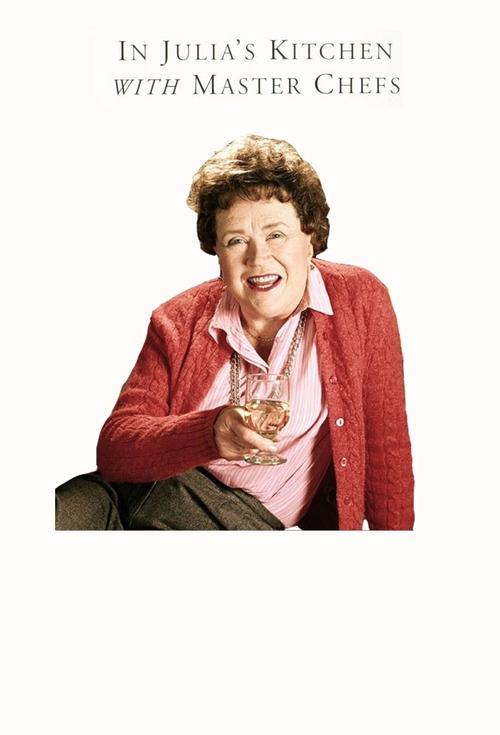
In Julia's Kitchen with Master Chefs
Cooking with Master Chefs was a PBS television cooking show that featured Julia Child visiting 16 celebrated chefs in the United States. An episode that featured Lidia Bastianich was nominated for a 1994 Emmy Award. Other chefs she visited included Emeril Lagasse, Jacques Pépin, and Alice Waters. The show featured a companion book of the same name, published in 1993. Reruns of the show currently air on Create.
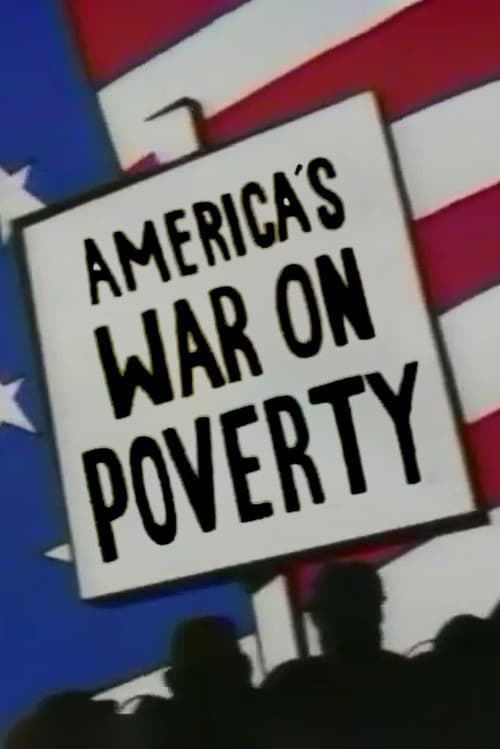 0
0America's War on Poverty
In the midst of unprecedented national prosperity in the 1960s, poverty was "rediscovered" by American policy makers, media and the public. This series examines how the poor fared during these years and the resultant evolution of foundation and public sector programs addressing the challenges of poverty.